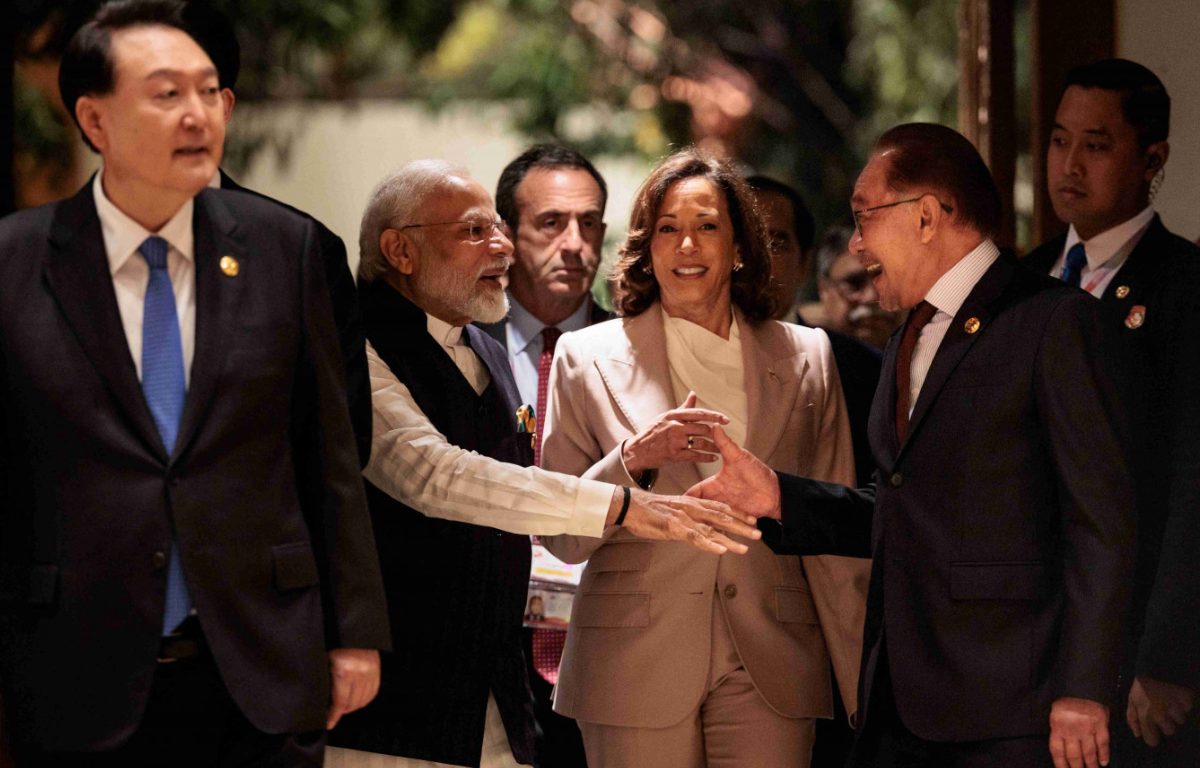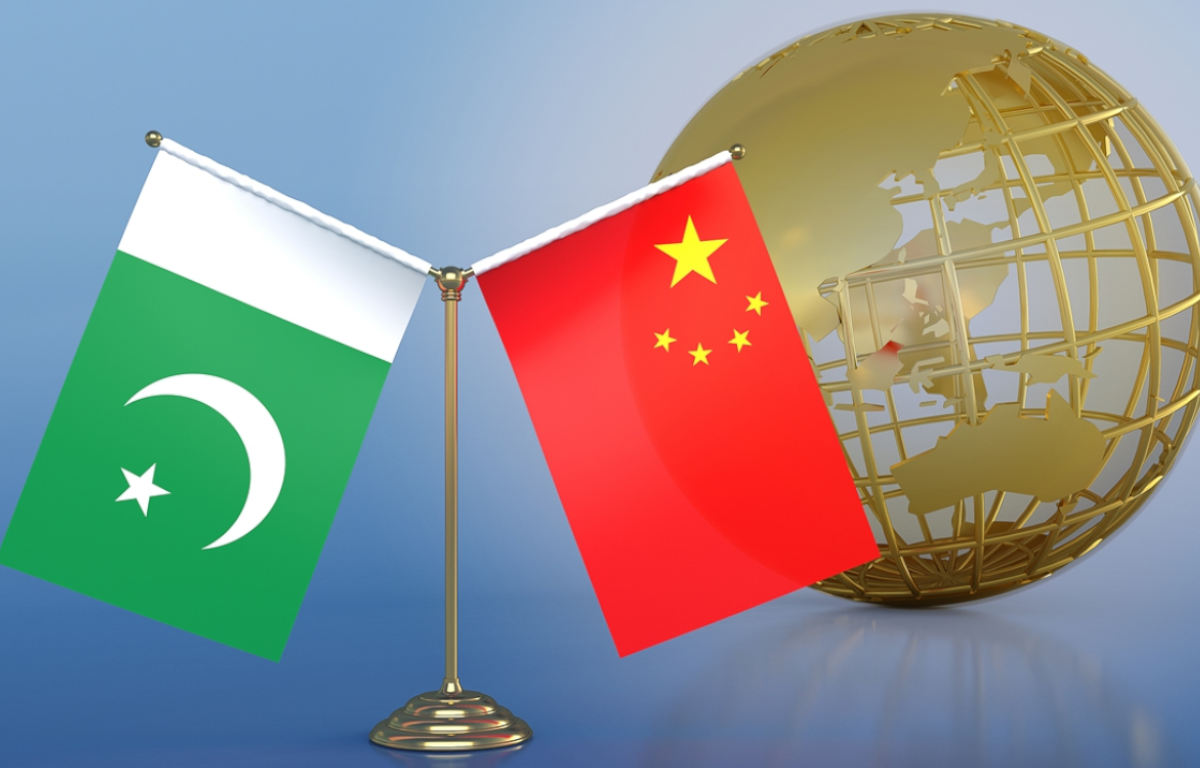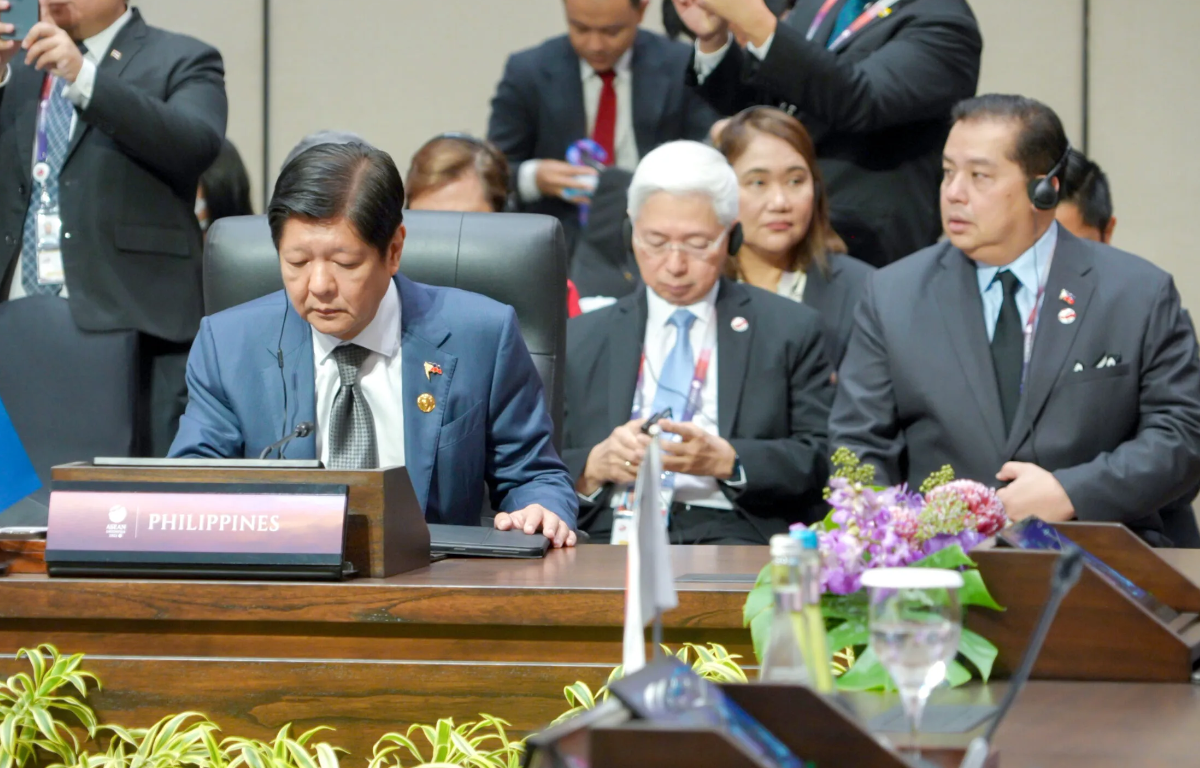
These accusations come in the midst of escalating tensions between India and China over business activities. The strain began when New Delhi imposed stricter restrictions on incoming investments and banned hundreds of Chinese apps following border clashes in 2020, which resulted in the tragic loss of 20 Indian and four Chinese soldiers.
The allegations were revealed in a court filing that has not been made public. They follow the recent arrest of Guangwen Kuang, an executive from Vivo, as part of a money laundering investigation that was initiated in 2022. At least 30 Chinese individuals entered India on business visas and worked for Vivo, but the agency claims that they never disclosed their affiliation with the company in their visa application forms.
Furthermore, it has been alleged that these individuals have traveled throughout India, including the sensitive areas of Jammu and Kashmir and Ladakh, which is a direct violation of Indian visa conditions.
The Enforcement Directorate, the agency responsible for this investigation, has stated that, “Many employees of Vivo group companies worked in India without appropriate visas. They have concealed information regarding their employer in their visa applications and cheated the Indian embassy or missions in China.”
Vivo, which commands a 17% market share in India, expressed deep concern over the executive’s arrest and emphasized its commitment to legal compliance.
China’s foreign ministry, which has been monitoring the case, did not respond to requests for comment, and neither did the Indian embassy in Beijing nor the Indian foreign ministry in New Delhi.
In their long-standing border dispute, both India and China lay claim to significant portions of land in the western Himalayas that are controlled by the other. India restricts foreigners from entering or residing in certain designated areas of Ladakh and parts of Jammu and Kashmir without a special permit, which is separate from a regular visa.
Last year, the Enforcement Directorate conducted raids at 48 locations linked to Vivo and its associates as part of the money laundering investigation. They accused the company of illegally transferring money to China through businesses it indirectly controlled in order to evade Indian taxes.
The recent court filing suggests that a substantial amount of money, totaling 1.07 trillion rupees (approximately $12.87 billion), was sent out of India by Vivo to trading companies under the control of its Chinese parent. This complex financial maneuvering was referred to as a “masking layer” intended to avoid detection by the Indian government.
The Enforcement Directorate added that while no profits were reported in statutory filings from 2014-15 to 2019-20, and no income taxes were paid during this period, significant sums of money were transferred out of India.
In July of the previous year, the agency estimated that approximately 624.7 billion rupees (about $7.5 billion) had been remitted, primarily to China.
The situation continues to evolve, with significant legal and diplomatic implications for both India and China.










Share this: